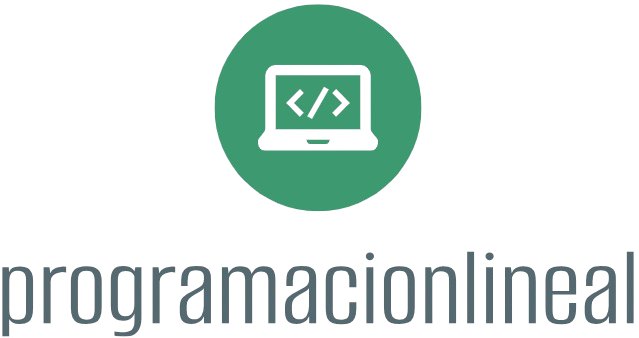Starting a career in web development can be an exciting and rewarding journey, as it offers numerous opportunities and avenues for creativity and problem-solving. Here’s a structured approach to help you get started in this dynamic field:
- Understand the Basics of Web Development
Before diving into coding, familiarize yourself with what web development entails. There are two main paths:
– Front-End Development: This focuses on the client side, involving the design and functionality of the website users interact with. Key technologies include HTML, CSS, and JavaScript.
– Back-End Development: This involves server-side programming and databases, focusing on the logic that operates behind the scenes. Languages often used include PHP, Python, Ruby, Java, and databases like MySQL or MongoDB.
- Learn the Fundamentals
Front-End Development:
– HTML (HyperText Markup Language): The structure of webpages.
– CSS (Cascading Style Sheets): The visual presentation and layout.
– JavaScript: Adds interactivity and dynamic features to websites.
Back-End Development:
– Programming Languages: Choose one to start (JavaScript with Node.js, Python with Flask/Django, Ruby on Rails, etc.).
– Databases: Understand basic database concepts and learn SQL for relational databases or familiarize yourself with NoSQL databases.
- Choose a Learning Path
There are several ways to learn web development:
– Self-Study: Use resources such as free online courses, tutorials, and documentation. Platforms like Codecademy, freeCodeCamp, and MDN Web Docs offer valuable content.
– Online Courses: Enroll in structured courses on platforms like Coursera, Udemy, or edX. Look for courses that provide certifications as they can enhance your resume.
– Bootcamps: Consider attending a coding bootcamp that focuses on web development. These immersive programs typically last a few months and provide hands-on experience.
- Practice, Practice, Practice
The best way to learn is through hands-on experience:
– Build Projects: Start with small projects, such as personal websites, portfolios, or simple applications. Gradually increase complexity as you learn more.
– Contribute to Open Source: Engage with the open-source community by contributing to GitHub projects. This experience can improve your skills and enhance your resume.
– Complete Coding Challenges: Use platforms like LeetCode, HackerRank, or Codewars to practice coding through challenges and gain problem-solving skills.
- Understand Development Tools
Familiarize yourself with essential tools and technologies used in web development:
– Version Control: Learn Git and GitHub to manage your code and collaborate with others.
– Development Environment: Choose a code editor (such as Visual Studio Code or Sublime Text) and set up your local development environment.
– Browser Developer Tools: Learn to use console and debugging tools available in browsers like Chrome and Firefox.
- Learn About Frameworks and Libraries
To streamline your development process, consider learning popular frameworks and libraries:
– For Front-End: Explore libraries like React, Vue.js, or Angular.
– For Back-End: Familiarize yourself with frameworks such as Express (Node.js), Django (Python), or Ruby on Rails.
- Build a Portfolio
Create a portfolio showcasing your projects:
– Project Selection: Choose diverse projects that reflect both front-end and back-end skills.
– Online Presence: Host your portfolio on platforms like GitHub Pages or Netlify and ensure it’s visually appealing and informative.
- Network and Find Opportunities
Building connections can help you enter the field:
– Join Developer Communities: Participate in forums such as Stack Overflow, Reddit, or local meetups to network with other developers.
– Attend Workshops and Conferences: Engage in events related to web development to meet industry professionals and learn about the latest technologies.
– Leverage LinkedIn: Create an impressive LinkedIn profile and connections. Follow companies or groups related to web development.
- Apply for Internships and Entry-Level Positions
Look for internships or junior developer roles to gain practical experience:
– Tailor Your Resume: Highlight your skills, projects, and any relevant coursework or certifications.
– Prepare for Interviews: Brush up on technical concepts and be ready for coding interviews. Practice problem-solving and whiteboard challenges.
- Continue Learning and Stay Updated
Web development is an ever-evolving field:
– Stay Current: Follow industry trends, new technologies, and best practices through blogs, podcasts, and online courses.
– Advanced Learning: As you gain experience, consider expanding your skill set into mobile development, DevOps, or cloud computing.
Conclusion
Starting a career in web development requires dedication, continuous learning, and hands-on practice. By following these steps, you can build a solid foundation, gain practical experience, and carve a path into the exciting world of web development. Embrace challenges, be persistent, and enjoy the learning journey!










